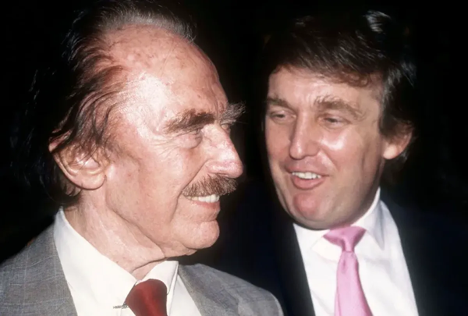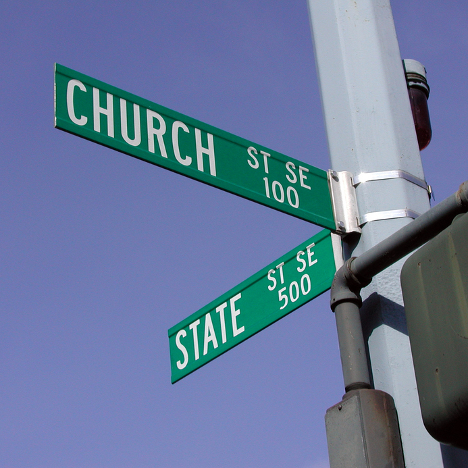In Rory Kennedy’s new documentary film, Last Days In Vietnam, a jowly Henry Kissinger pontificates about how the 1973 Paris Peace Accords provided the best agreement the US could negotiate – what Richard Nixon called “peace with honor.” It’s the same language Chamberlain used in 1938, and the follow up results were not dissimilar.
This is the same devious, Rasputin-like, Kissinger who engineered the 1969 carpet-bombing of Cambodia and then had the balls to accept the 1973 Nobel Peace Prize for his work on the Paris Peace Accords. The North Vietnamese negotiator, Le Duc Tho, who was also awarded the prize refused to accept it. He at least had some integrity. He knew it was a sham and wasn’t going to pretend that it was something it wasn’t.
You can see for yourself how effective the Accords were and how it all played out in Kennedy’s film. It details the last days of the war, the chaos in and around Saigon, and the evacuation of the last Americans and many of their Vietnamese supporters. The film was made using archival footage, much of it never before seen, and commentary by several people who were in and around the US Embassy in April 1975.
It’s reasonable to ask if we need another film about America’s failure in Vietnam. In the interest of full disclosure, having spent much of the last five years there, I have an abiding interest in Vietnam and its people. I think the film is worth seeing and that it adds to the historical record. Like all good stories, there are good guys, bad guys, plot twists, heroics, nail-biting suspense, and some astonishing details that are not part of the conventional Vietnam canon. There may even be some revisionist history. Judge for yourself.
ABC’s Jonathan Karl talked to the filmmaker recently and that interview is also worth watching. http://abcnews.go.com/ThisWeek/video/lens-days-vietnam-25657454. After 39 years we are still learning from our experience. The “peace with honor” part of the Accords provided for the immediate withdrawal of US combat troops, leaving only advisors and civilian contractors after 1973. In the film a CIA agent stationed at the US Embassy in Saigon tells us that the North Vietnamese were held in check by their fear of retaliation at the hands of the “evil” Nixon but that when he resigned in disgrace they were willing to test the Americans with military probes into South Vietnam. When they saw that the Americans had no stomach for more war they violated the Accords and kept on rolling toward Saigon.
Add to this mix an Ambassador who was a clueless Cold War patriot who refused to consider an evacuation plan even when the NVA was bearing down on Saigon and you have the elements of a real thriller.
With the Ambassador steadfastly refusing to do anything, US diplomats and military officers, disobeyed him and started working on a ‘black ops” plan to evacuate. When the Ambassador got the final order from Washington to evacuate the Americans, the same people disobeyed again and refused to leave without their Vietnamese co-workers and their families. There are heroes and goats in this drama.
Though he is not mentioned in Kennedy’s documentary there was another American hero whose story in the last days is equally heroic and suspenseful. John Riordan was the assistant bank manager at Citibank in Saigon. I met John in 2011 and heard the story from him over a bowl of French Onion soup. I wrote about it in my Saigon Diary blog, but I wasn’t the only one who thought it was a great story. CBS picked it up and did a segment on 60 Minutes, calling John “The Oskar Schindler of Vietnam.” John, with the Saigon CEO out of the country and unable to return, defied the orders of Citibank headquarters and acted in much the same way as the “black ops” guys at the Embassy. He engineered the evacuation of all the Citibank Vietnamese employees and their families – 105 people – in the last days.
This is a picture of John today and this is a link to his hair-raising story: http://www.cbsnews.com/news/the-oskar-schindler-of-vietnam-war Unfortunately, the entire interview is not available but you can hear part of it and read the rest on the CBS website. I talked to John after the 60 Minutes segment and he was surprised that there was still interest in the story. He told me “I was just doing what I thought was right.”
I wish there were more John Riordan’s in the world. Currently, we are leaving Iraqi and Afghani staff and interpreters behind as we scurry to extricate ourselves for these failed ventures, abandoning those whose help we desperately needed who desperately need us now.
More tomorrow…

































